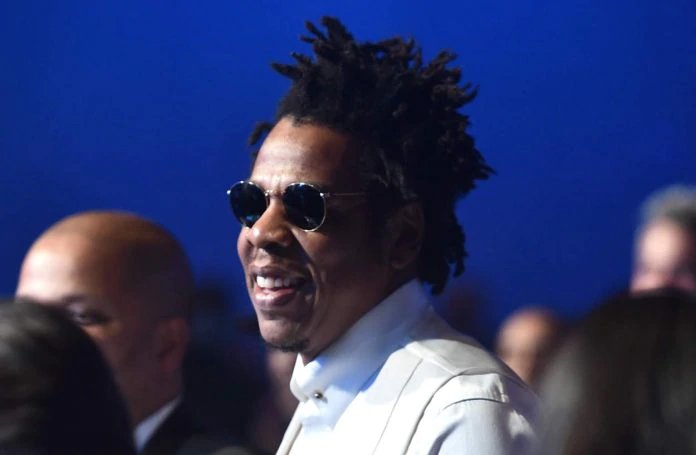[ad_1]

Rappers are often criticized over their lyrics and extravagant lifestyles, but a trend toward less consumption of meat among African Americans is apparently being reflected in the choice to go vegan among some hip-hop performers.
In a Gallup poll that focuses on American consumers’ meat consumption habits, whites report eating 10 percent less meat, while people of color say they are eating 31 percent less.
READ MORE: Jermaine Dupri explains why he’s been a vegan for the past 12 years
Popular and influential figures in hip-hop music including KRS-One, Stic.man and M-1 from Dead Prez, Russell Simmons, Erykah Badu, and later Jay-Z and Beyoncé, Waka Flocka Flame, A$AP Rocky, and Jermaine Dupri, have made personal choices and business investments toward veganism, according to The Washington Post.
Jay and Bey famously gave out show tickets to fans who went vegan. Cardi B launched a vegan fashion line. Jaden Smith, son of Will and Jada Pinkett Smith, started a vegan food truck for the homeless. Eight of the Wu-Tang clan members also say they are vegan. And A$AP Rocky rapped about being vegan on his single “Babushka Boi.” As an ambassador, Snoop Dog helps promote “Beyond Meat.”
Jay-Z’s venture capital firm Marcy Venture Partners last year invested $1 million in the Black-owned Partake Foods, which makes vegan cookies. He also has put investment support in Impossible Foods, which is behind Burger King’s Impossible Whopper.
KRS-One put out a song as far back as 1990 called “Beef” in which he cautioned listeners to think about the meat they are putting into their bodies. He rapped that it was a “public service announcement.”
READ MORE: Several months after his death, Nipsey Hussle’s legacy inspires ‘The Marathon Book Club’
“KRS-One was an inspiration for me,” Keith Tucker, a health activist in Seattle, told The Post. “His song ‘Beef’ in 1990 influenced a lot people in hip-hop to think about veganism, to think about the meat in the slave diet, about the chemicals that were starting to be put in the food and the rise of highly processed foods.”
It appears that many Black people are heeding the message. In addition to the Gallup poll, a 2016 Pew Research Center survey found that while only 3 percent of American adults said they were vegan and 1 percent of Hispanic Americans, 8 percent of African American adults identified as vegan.
READ MORE: Gross inequality in access to healthy food
“Hip-hop is the biggest influence on planet Earth when it comes to young people,” Tucker adds. “It’s the CNN for the black community. If we can move it in a green direction, the world will move in a green direction. It’s going viral right now.”
But more attention and concern for health could also be a driving force. AshEL Eldridge, and Oakland, Calf.-based rapper and activist says the plant-based food movement is catching on as a way of taking back control among Blacks.
“How do we take care of ourselves? How do we govern ourselves? How do we regain the wisdom of our ancestry? And how do we reclaim our health,” he asked. The answer is to take the reins of ones’ own body. “There’s a huge movement around decolonizing the diet. There is disease related to diets heavily reliant on meat and genetically modified crops and monocropping. How do we extricate ourselves from that? It’s revolutionary.”
That message is being heeded in hip-hop today, says Stic.man.
“When I was a young teen getting into hip-hop, LL Cool J and them [sic] were swole superheroes. Now I see a lot of cool b-boy yogis. That’s a whole movement. There were break-dance battles back in the day; now there’s a movement of calisthenics, bar athletics and Nike-sponsored events,” he says. “The New G Code takes empowerment in a healthy way: I don’t care how many weights you can lift, how many people have you lifted up?”
[ad_2]
Source link

